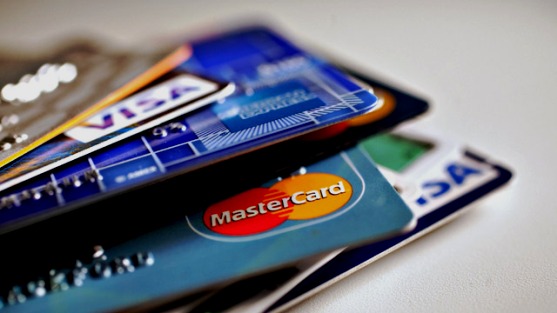Nigeria’s Digital Economy Faces Infrastructure and Regulatory Hurdles
The World Trade Organisation (WTO) and the World Bank (WB) have warned that Nigeria may fail to unlock its billion-dollar digital economy potential due to weak infrastructure and policy gaps.
RELATED: Nigeria digital economy diagnostic: A plan for building Nigeria’s inclusive digital future
The warning was contained in a new report under the Digital Trade for Africa Project, jointly authored by the WTO Secretariat and the World Bank. The study assessed Nigeria alongside five other African countries—Benin, Côte d’Ivoire, Ghana, Kenya, and Rwanda—highlighting challenges and opportunities in building competitive digital trade systems.
Progress Made, But Urban-Rural Digital Divide Persists
The report praised Nigeria for expanding digital infrastructure but noted that internet access remains uneven, especially between urban and rural communities.
“Expanding fibre optic infrastructure and last-mile connectivity are crucial to bridging the urban-rural divide,” the report stated. It added that fostering competition in the telecoms sector would improve affordability and service quality for both consumers and businesses.
Deputy Speaker of the House of Representatives, Benjamin Kalu, agreed with the report, warning that any delay in expanding broadband access risks leaving Nigeria behind while other nations advance rapidly.
Nigeria’s Trade Commitments and Digital Services Gaps
Nigeria has ratified the WTO’s Trade Facilitation Agreement (TFA) and committed to the General Agreement on Trade in Services (GATS), including in telecommunications. It also participates in two WTO rule-making initiatives: the Agreement on Electronic Commerce and the Investment Facilitation for Development Agreement.
However, the report cautioned that Nigeria has not yet committed its trade regime to key digital services such as computer, distribution, or postal services. The country has also not eliminated tariffs on IT goods under the WTO’s Information Technology Agreement (ITA).
Regulatory Progress and Outstanding Policy Gaps
While Nigeria has made progress in data protection and cybersecurity, several critical gaps remain in digital trade regulation. The WTO/World Bank report flagged weaknesses in:
- Online consumer rights and protection
- Electronic transactions and e-signatures
- Platform liability frameworks
- Data storage and processing requirements for cross-border data flows (“data sovereignty”)
The report concluded that Nigeria has the foundations to build a robust digital economy but warned that without urgent reforms, infrastructure investments, and stronger regulations, the country risks leaving its digital goldmine untapped.
Parliamentary Push for Urgent Action
Benjamin Kalu, who represents Nigeria on the WTO–IPU Steering Committee, echoed the concerns, stressing that Nigeria must move fast.
“The world has already moved in this direction, and any delay risks leaving us behind while others surge ahead,” Kalu said.






























